

Coca
Divine Plant of the Incas
W. Golden Mortimer, M.D.
Abridged
by Beverly A. Potter, PhD.

Berkeley, California

Coca
Divine Plant of the Incas
W. Golden Mortimer, M.D.
Abridged
by Beverly A. Potter, PhD
Coca
Divine Plant of the Incas
Copyright 2017 by Ronin Publishing, Inc
ISBN: 978-1-57951-246-0
Published by
Ronin Publishing, Inc.
PO Box 3436
Oakland, CA 94609
www.roninpub.com
All rights reserved. No part of this book may be reproduced or transmitted in any form or by any means, electronic or mechanical, including photocopying, recording, or by any information storage and retrieval system, without written permission from the author or the publisher, except for the inclusion of brief quotations in a review.
Abridged from
History of Coca: The Divine Plant of the Incas, by W. Golden Mortimer, M.D., And/Or Press, 1974
Production:
Abridgement: Beverly A. Potter.
Cover Design: Beverly A. Potter
Library of Congress Card Number: 2017958086
Manufactured in the United States by Lightning Source.
Distributed to the book trade by PGW/Ingram
Table of Contents


Chapter 1
Introduction to Coca
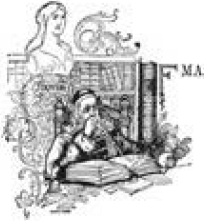 N were asked what one boon he would prefer of all Earths bounties or Heavens blessings, his response must bethe power of endurance. The capability to patiently and persistently do best that which the laws of life or the vagaries of association necessitates. Search for this one quality has been the impetus to inspire poet and philosopher since mans first appreciation of his mortal frailty. It is something that shall check, within himself at least, the progress of time, the ravages of age, and the natural vacillation of conditions or environment. Wealth, and power, and greatness, and skill, must alike fall into insignificance without this one essential attribute to success.
N were asked what one boon he would prefer of all Earths bounties or Heavens blessings, his response must bethe power of endurance. The capability to patiently and persistently do best that which the laws of life or the vagaries of association necessitates. Search for this one quality has been the impetus to inspire poet and philosopher since mans first appreciation of his mortal frailty. It is something that shall check, within himself at least, the progress of time, the ravages of age, and the natural vacillation of conditions or environment. Wealth, and power, and greatness, and skill, must alike fall into insignificance without this one essential attribute to success.
The artist in impressionistic work, the poet in soulful muse, the musician in celestial chords, the soldier in the mad rush of battle, the artisan in the cleverness of device, the merchant in the intricacies of commercial problemseven the most prosaic delver in lifes plodding journeyeach hopes to display a virility from which the slightest weakness is deprecated as humiliating. Work, indeed, is necessary to existence.
It is the priceas the ancients consideredwhich the gods set on anything worth having. It is the power to do this workto gain happiness for ourselves, which is the demand of modern necessity. To be enabled to keep active until the human machine may wear out as did the wonderful one-hoss-shay, rather than rusting into a state of uselessness.
Endurance
Human endurance, bounded by natural limitations, is still more closely environed by the results of a higher civilization, which presents the remarkable anomaly of two opposite conditions. While increasing, through the refinements of hygienic resources, the average term of life, it crowds man in the struggle for existence, into a condition where he is rendered less capable physically for fighting the battles into which he is thrust. So, from a natural life of pronounced perfection where his trials have been essentially muscular, he is gradually evolving into an artificial existence of eminently nervous impulse.
If this be so, then the interest in any means which shall tend to establish and maintain a balance of force, should not be merely casual, but must be earnest and persistent to any who have regard for lifes best qualities, and this interest must constantly increase with the requirements of time.
Even though others may point the way, everyone must fight their own battles. To each of us the world will appear as we may shape it for ourselvesa thought poetically expressed by the composer Wagner, who said: The world exists only in our heart and conception. This shaping, if done by weakly hands or influenced by troubled brain, may not always prove symmetrical. A sensitive imagination, sharply attune, jars discordantly amidst inharmonious surroundings, which will be all the more harshly apparent if made possible through a known impotence.
There is a fund of force communicated by the Creator to all things. It is the primal factor not only of mans existence, but of his continued being, and the activity which it generates is necessary to life, just as a cessation of energy means death. This fact has ever been so much a portion of the human mind that it requires no philosophic training to implant. It is not alone the savage who regards examples of vigor and prowess as ennobled emblems of a supreme being, while the sick or even the weak are looked upon as possessed of some evil spirit to be exorcised by priest or medicine man.
This belief, whether superstitious or not, is pre-eminent and widespread. It is not only manifested by the ignorant, but often by the educated as well. The effort to ward off disease through wearing some particular substance as a talisman is a practice prompted by this feeling, which is not wholly relegated to bygone days, and the belief in amulets, rings, or the influence of certain precious stones is still prevalent everywhere.
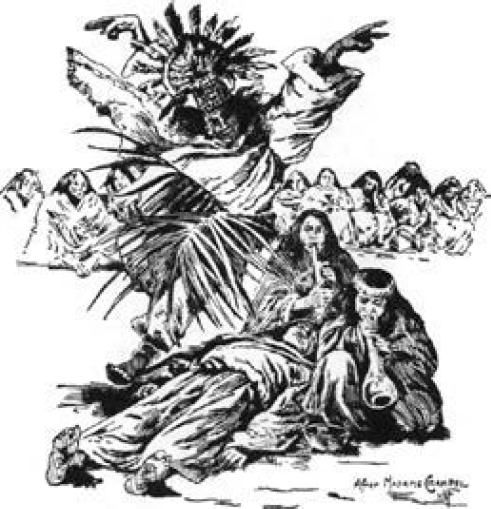
Medicine man
There is supposedly some deeply hidden mystery about Nature in her varied presentations, which if it does not control presumably influences the curative art. It is not only those who consider that yarbs should be gathered at a certain time of the moon, but the laity quite generally suppose there is a specific for every disease if not every condition, which if not immediately forthcoming upon inquiry must be revealed by more diligent search.
Nor is this beliefeven though vagueindulged in merely by the unthinking, but everywhere about us there is a tendency against accepting rigid facts, and inevitable truths, particularly when applied to ones self. All men think all men mortal but themselves is surely a well founded adage. The result is a groping after that all necessary something, which shall supply this very apparent want, a craving for endurance in all we are called upon to bear.
Elixir Vitae
There has been a numerous order of philosophers not content with simple well being, who sought for that perpetual youththat elixir vitaewhich might give at least prolonged existence even if not rejuvenation.
When Juan Ponce de Leon sought the Fontaine de Jouvence in the Island of Bimini, he failed to locate the fountain, but he did discover a land of perpetual youth. The discovery of the Western Continentwhether due to the forethought or ignorance of Columbus, or to the hardihood of the Norsemen several centuries before his timebrought a multitude of bounties to humanity. Among these none is greater than the countless plants which have been gradually unfolded to usefulness by the processes of science.
Next page
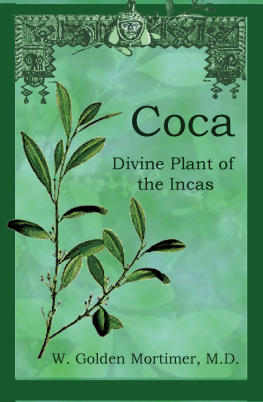

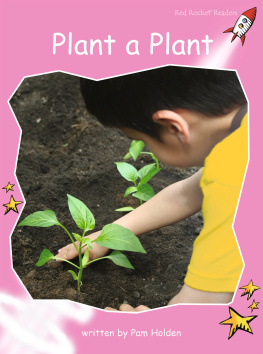
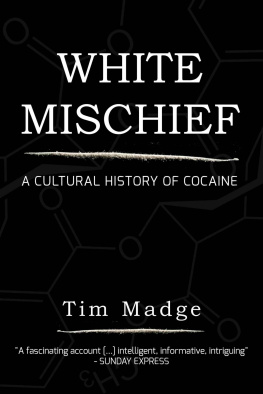
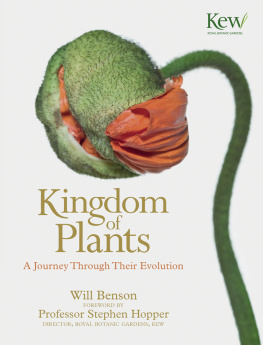
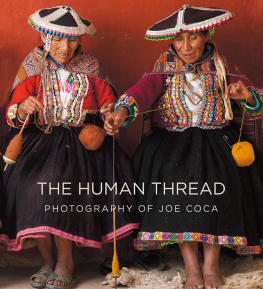
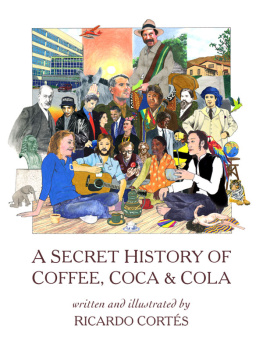





 N were asked what one boon he would prefer of all Earths bounties or Heavens blessings, his response must bethe power of endurance. The capability to patiently and persistently do best that which the laws of life or the vagaries of association necessitates. Search for this one quality has been the impetus to inspire poet and philosopher since mans first appreciation of his mortal frailty. It is something that shall check, within himself at least, the progress of time, the ravages of age, and the natural vacillation of conditions or environment. Wealth, and power, and greatness, and skill, must alike fall into insignificance without this one essential attribute to success.
N were asked what one boon he would prefer of all Earths bounties or Heavens blessings, his response must bethe power of endurance. The capability to patiently and persistently do best that which the laws of life or the vagaries of association necessitates. Search for this one quality has been the impetus to inspire poet and philosopher since mans first appreciation of his mortal frailty. It is something that shall check, within himself at least, the progress of time, the ravages of age, and the natural vacillation of conditions or environment. Wealth, and power, and greatness, and skill, must alike fall into insignificance without this one essential attribute to success.